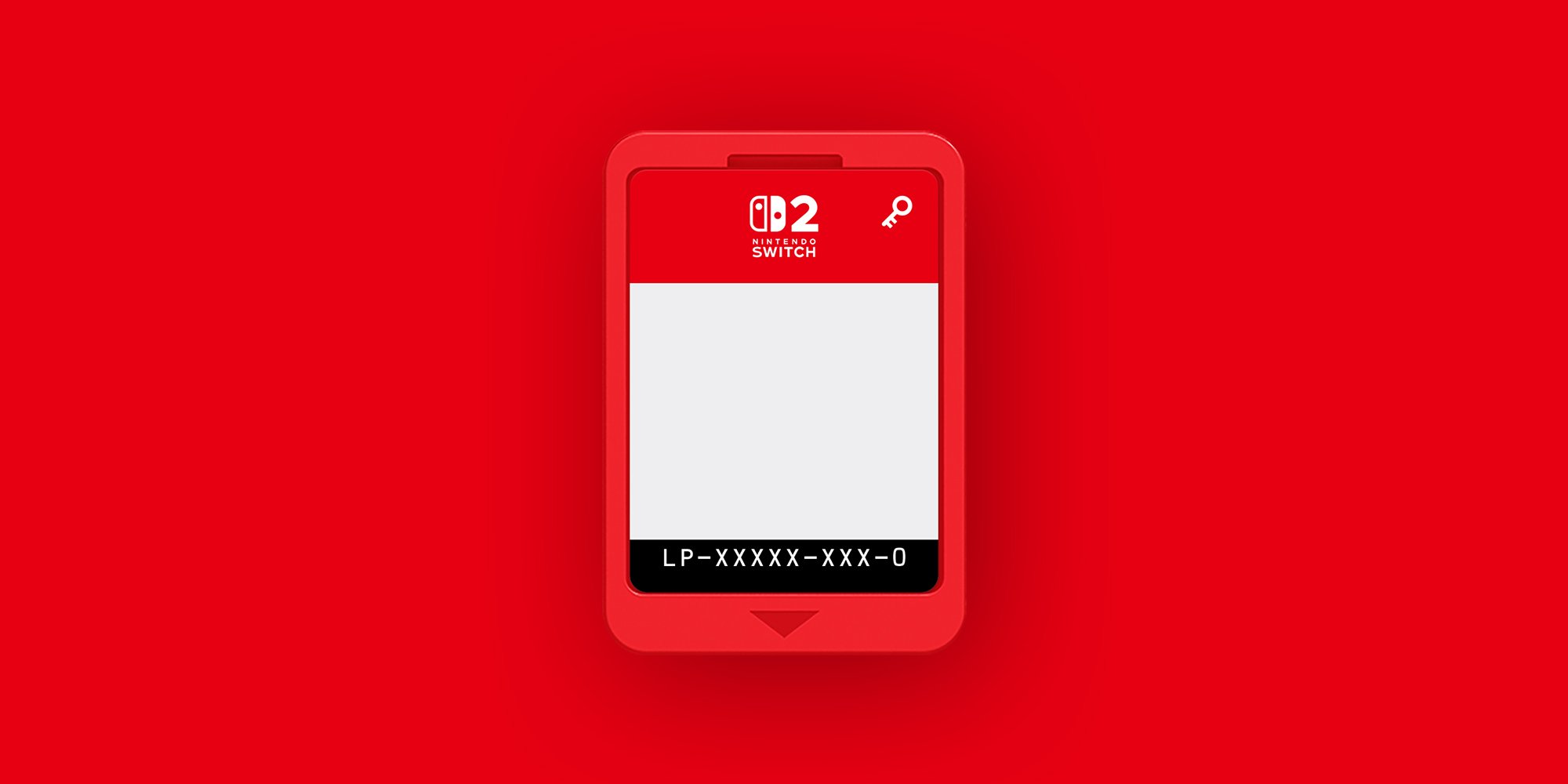It’s a neat system. But without the connection and services to back them, they may as well be guaranteed eventual e-waste. Not a problem now, but will be much further down the line.
Decades after release, you can still blast the dust off an old NES and play old cartridges found at flea markets the same way you did with new carts on day 1. How true will this be for the current generation of hardware in the decades to come?
It’s just another aspect of forced obsolescence getting foundations put in. They are right to call these digital sales.
As far as I remember, Game Cards are not mask ROM. In other words, they’ll eventually lose their data and become e-waste anyhow.
This applies to both “real” Game Cards, and Game Key Cards. It’s already been a problem with the OG Switch.
What does mask ROM mean? Don’t wanna look up the wrong term ;)
A mask ROM is a kind of read-only memory where the desired data is directly etched into a semiconductor during the same photolithographic process that actually makes a circuit out of a planar sheet of silicon. It’s pretty much hard-wired data storage, with an indefinite lifespan.
Ah. I remember this technology. Wasnt aware they are called mask ROM. Good to know!
Even more wonderful then hahaha.
Hopefully we’ll get dumps going one way or another. Last I looked there was some headway made into poking the console on release day but I’m not keeping up with it regular.
On the one hand I agree.
On the other hand, we’ve moved to a world where digital purchases make sense and games are rarely shipped without patches or later content. We need a better way to manage them. It’s silly I have a steam library that I can’t resell virtually any part of.
Nintendo’s system seems to let users at least do these sorts of license transfers, no? That seems like a win over the digital status quo even if the physical cards aren’t what they once were.
I think when it was announced, there were some leaks that said these Game Key Cards would be the Switch 1 version of the game, along with a code to upgrade to the Switch 2 version. This would basically prevent you from selling it again. This was quickly refuted, but people still like to shit on Nintendo, so they don’t care.
Then you also have people complaining that games on other consoles don’t come with the game (not even pre-patch version or something) anymore, like Doom: The Dark Ages, just a few MB of data for authentication or something and the rest you have to download. Switch now does basically the same, and it “only” has 256GB storage, plus the microSD Express card. But the games are also smaller, so I don’t know if it’s like you can only fit a few big titles on there (or one Call of Duty), and then you’re outta space.
I haven’t got very many gigantic third party titles, but nearly my entire Switch library (46 games) fits on the internal storage with 25 GB to spare.
Even with Game Key Cards, an actual, physical object has to be produced, at drastically higher marginal cost than what a purely digital license costs in production (basically nothing). And there is a secondary market, which doesn’t exist in the digital realm.
Essentially, I don’t see the reasoning behind counting them as digital. All the aspects that seem relevant to any publisher (and, to a first approximation, any user that isn’t a conservationist) make them identical to physical sales.








